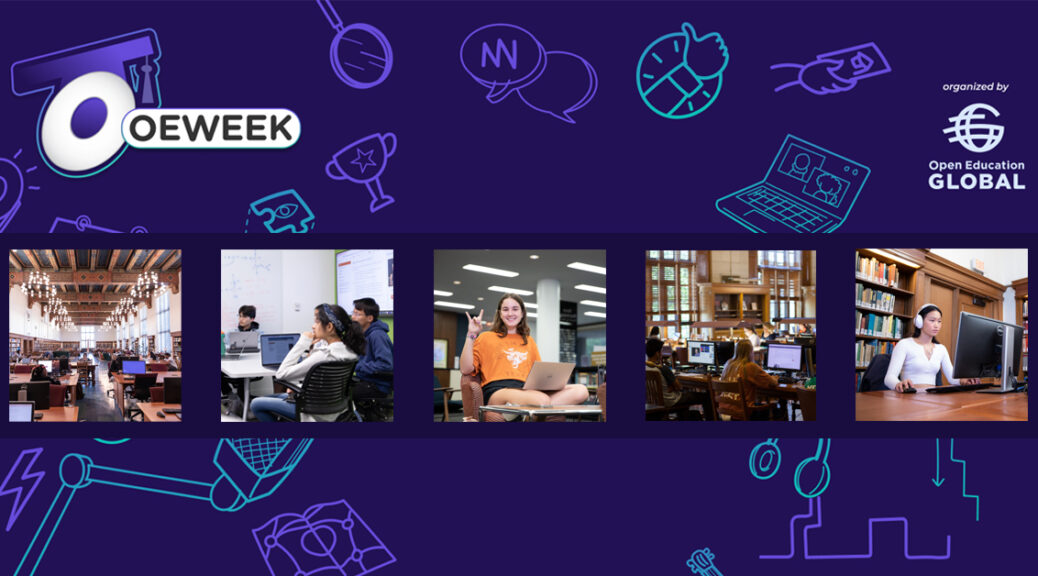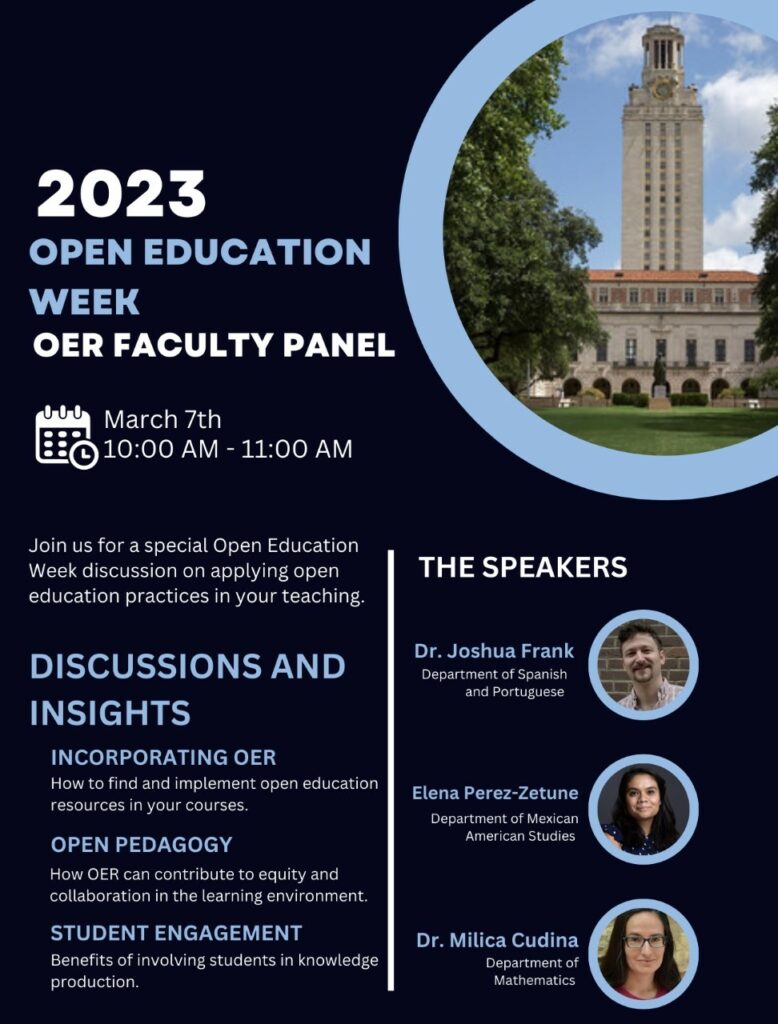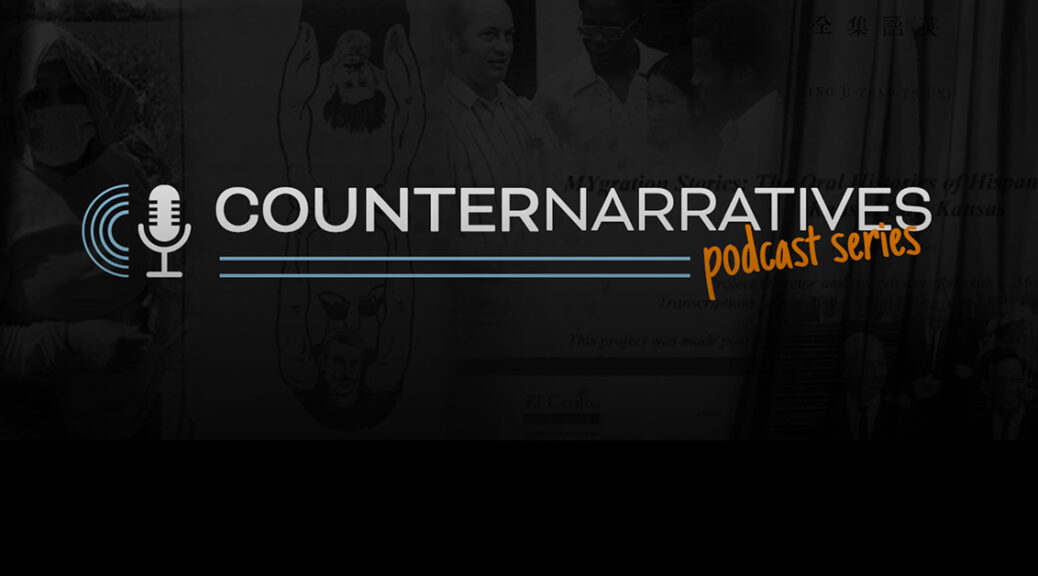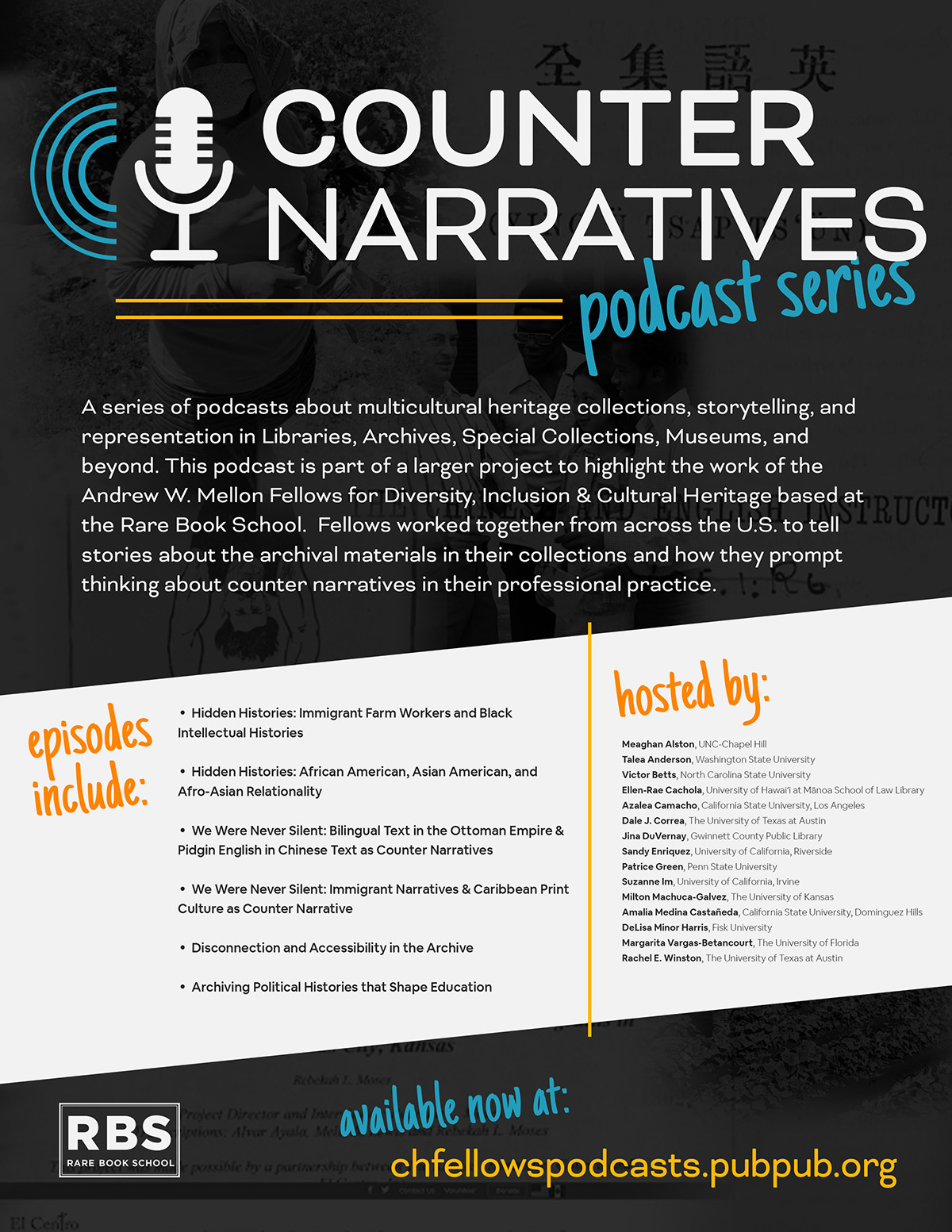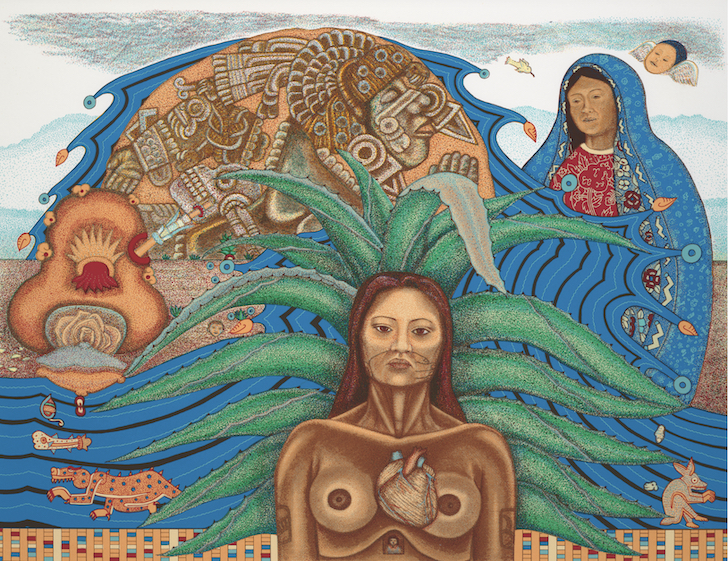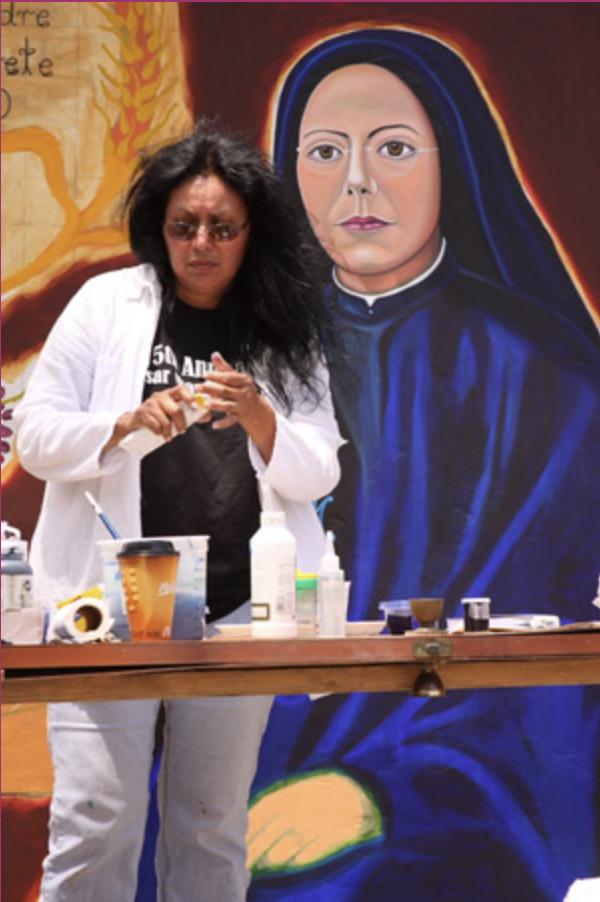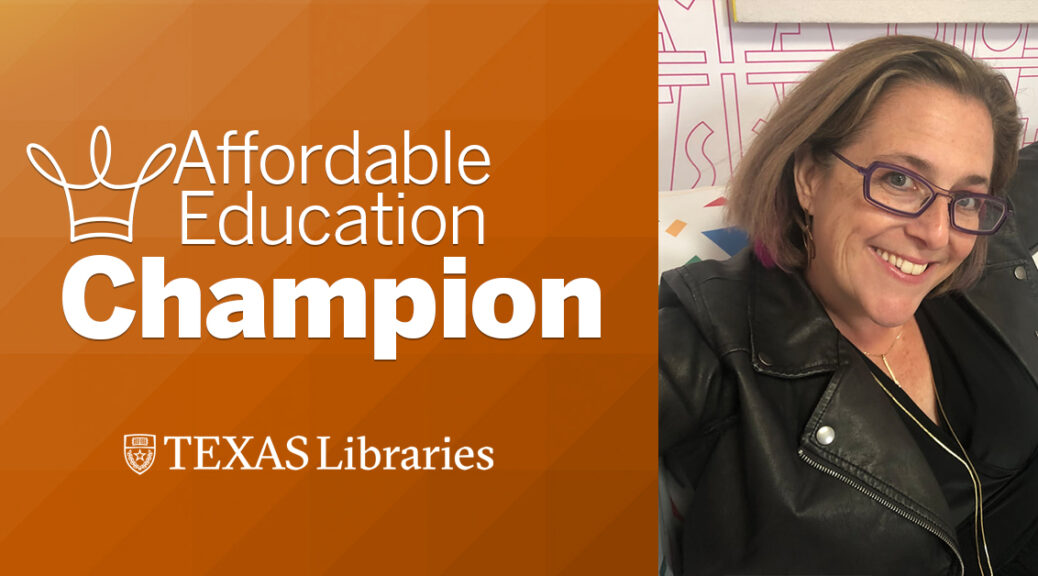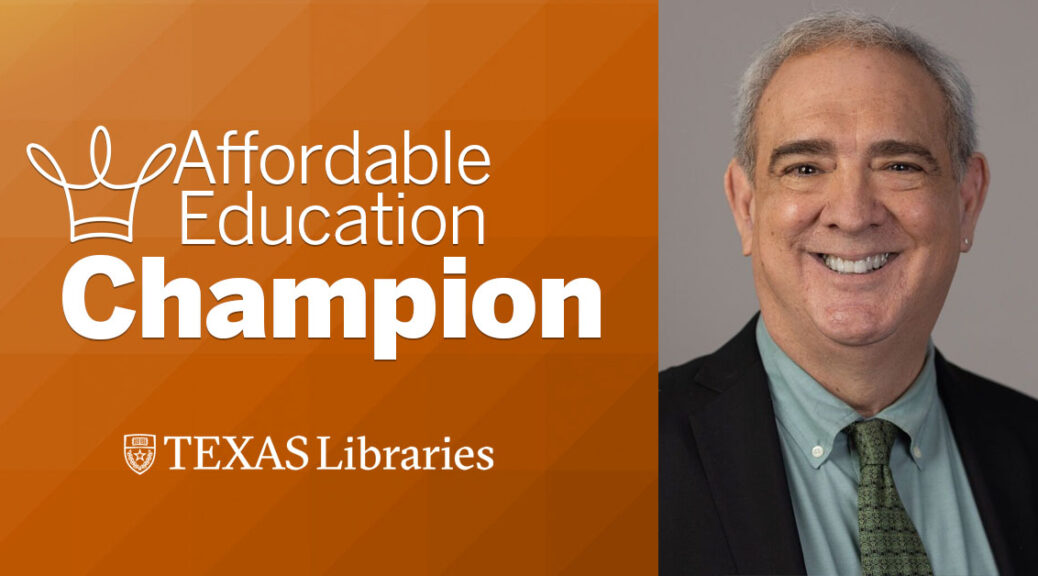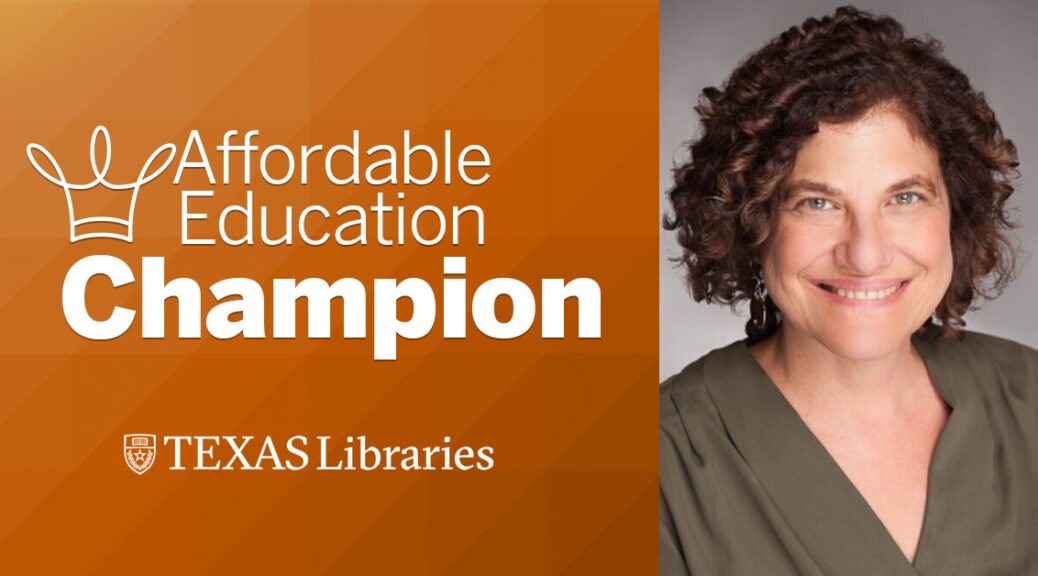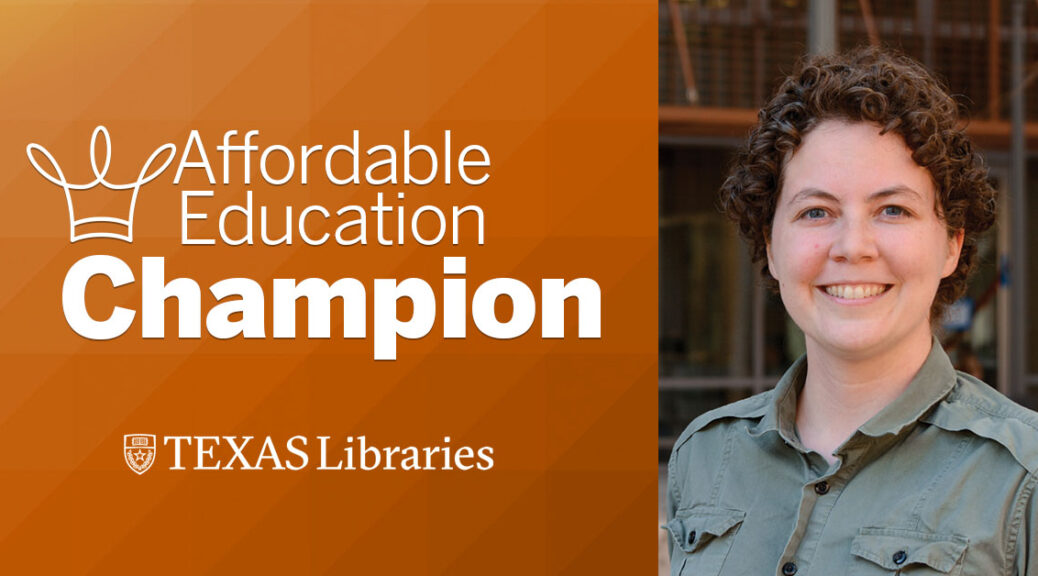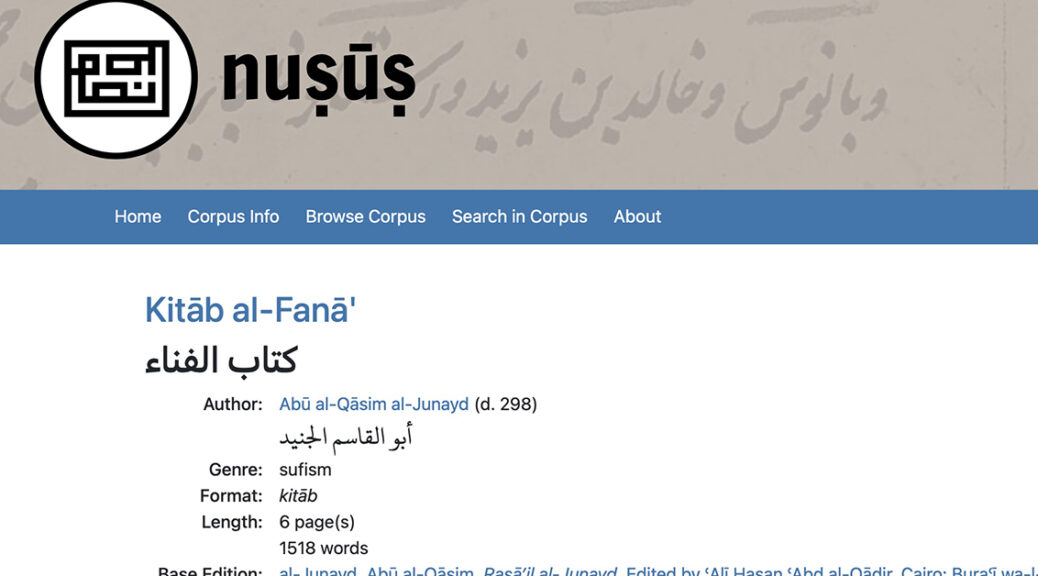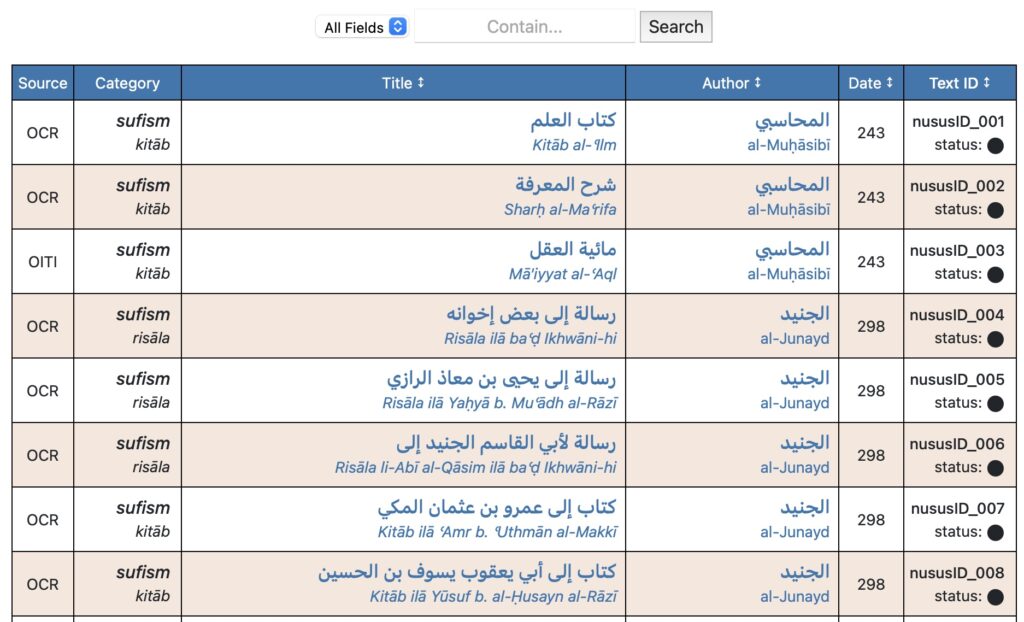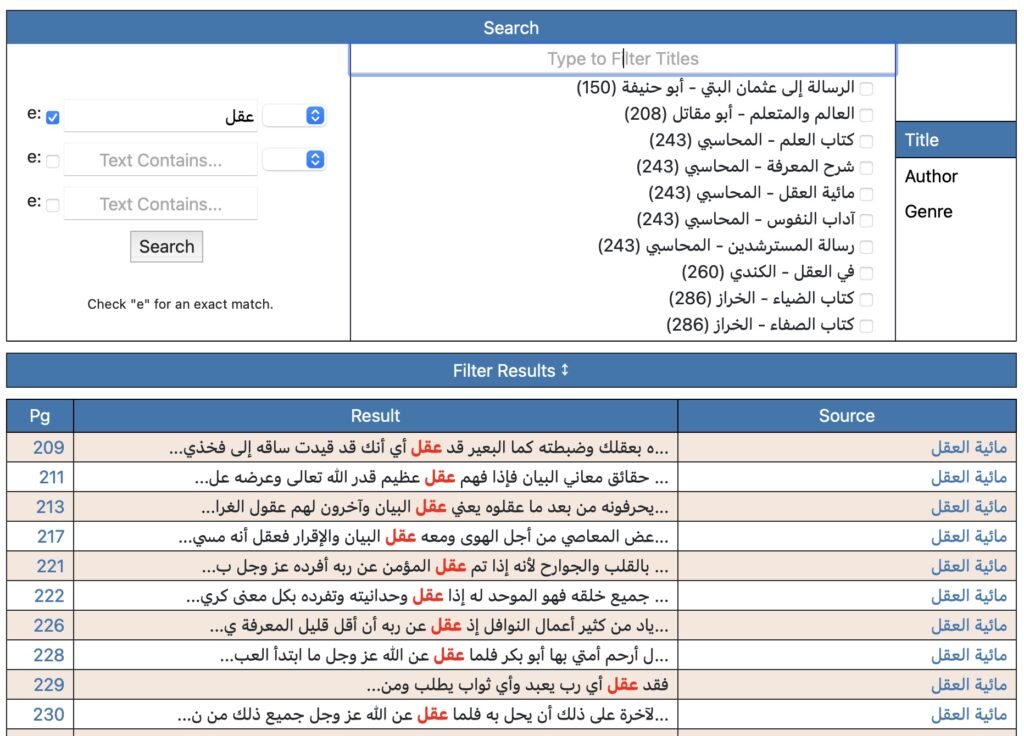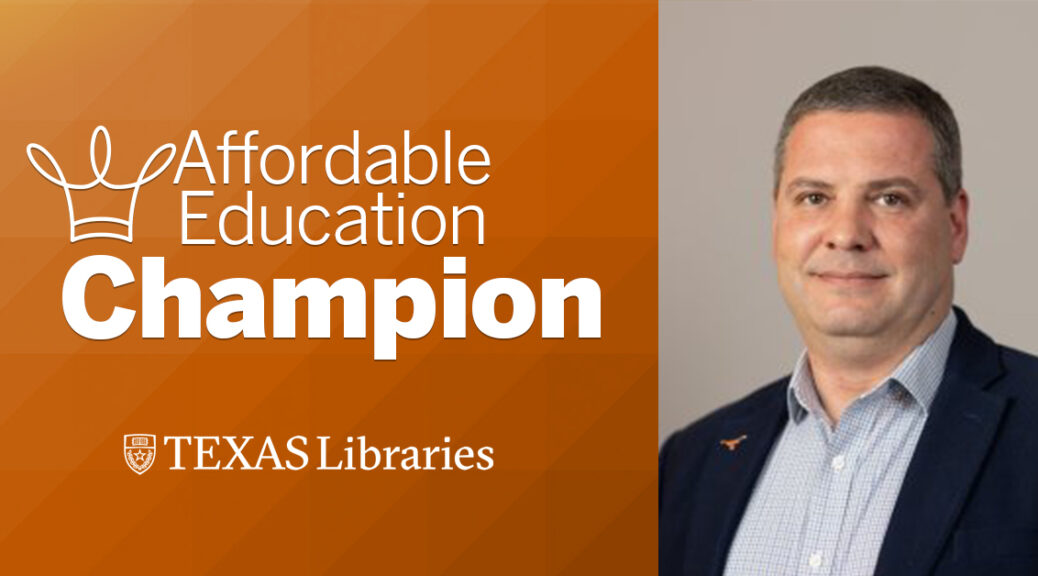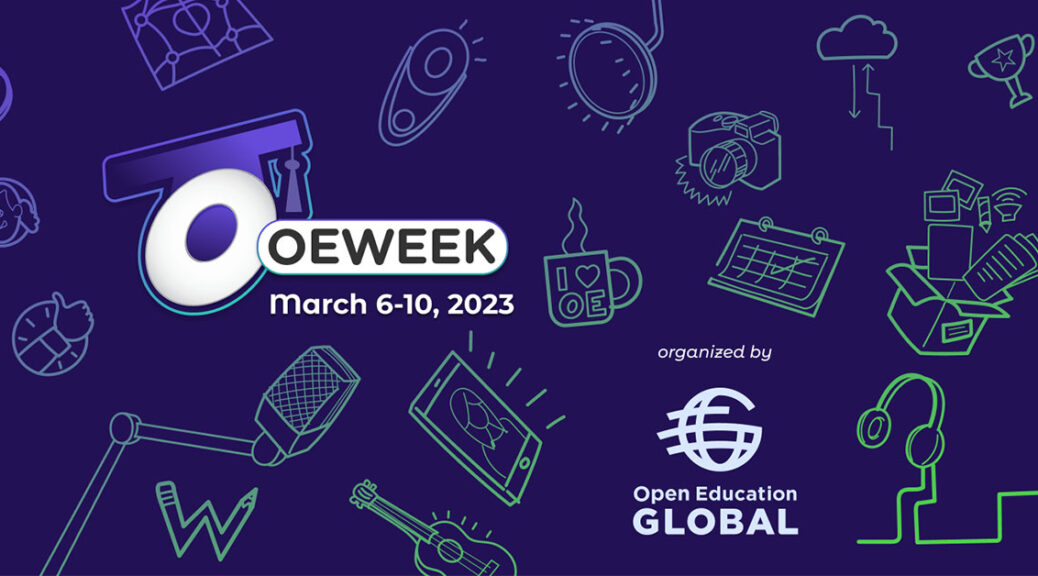The Libraries joined in the global celebration of Open Education Week March 6-10, to recognize and raise awareness of the value of open educational resources (OER).
Open Education Week (OE Week) is celebrated annually as an opportunity for actively sharing and learning about the latest achievements in Open Education worldwide. It was launched in 2012 by Open Education Global as a collaborative, community-built open forum.
OE Week provides practitioners, educators, and students with an opportunity to build a greater understanding of open educational practices and be inspired by the wonderful work being developed by the community around the world.
This year, the Libraries’ new Open Education Librarian Heather Walter hit the ground running with support of the Scholarly Communications and Teaching and Learning teams to host events and highlight ongoing work in OERs at UT.
The Libraries launched a submission process in February allowing students to nominate faculty members who extended access and enhanced equity by selecting free or low cost course materials for their classes. The Libraries partnered with the Senate of College Councils and the Natural Sciences Council to choose instructors from the pool of nominees who best employ open education practices in their classrooms. Five Affordable Education Champions were announced throughout OE Week:
The Libraries hosted a faculty panel on OER on Tuesday, March 7. The virtual panel discussion was open to the UT and broader academic community, and included Dr. Joshua Frank (Spanish and Portuguese), Dr. Milica Cudina (Mexican American Studies), and Elena Perez-Zetune (Mathematics). Panelists shared their expertise in open education trends and practices, along with their unique experiences with incorporating OER into their curriculum, including how OERs helped them build relationships with their students.
The Libraries also hosted a tabling event at PCL Wednesday, March 8, with experts engaging students, faculty and other members of the community on the impacts of OER on their teaching, learning and finances. Staff engaged with a flow of people answering questions, and visitors were invited to participate in thought experiments about the cost of textbooks relative to OERs.
For a quick overview of OERs, check out the video below, and reach out to OE Librarian Heather Walter (heather.walter@austin.utexas.edu) if you have questions or are interested in learning more about OER.

